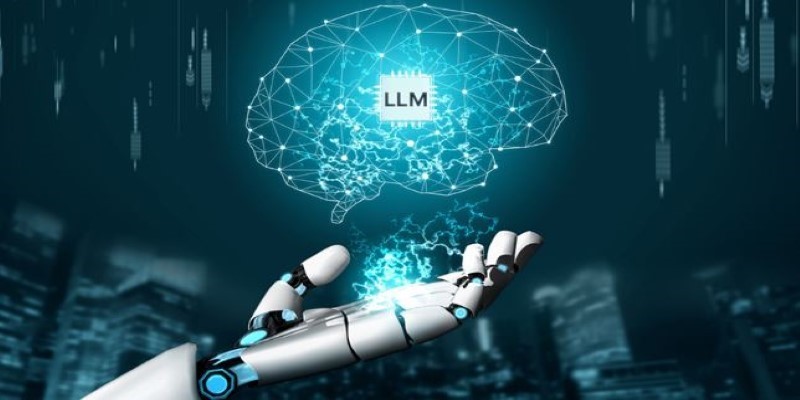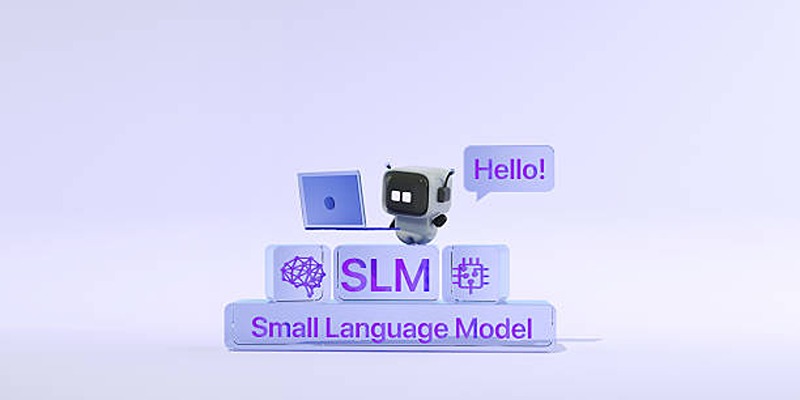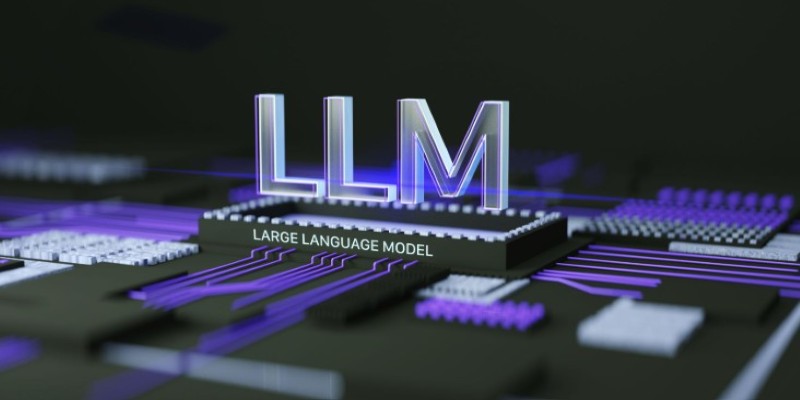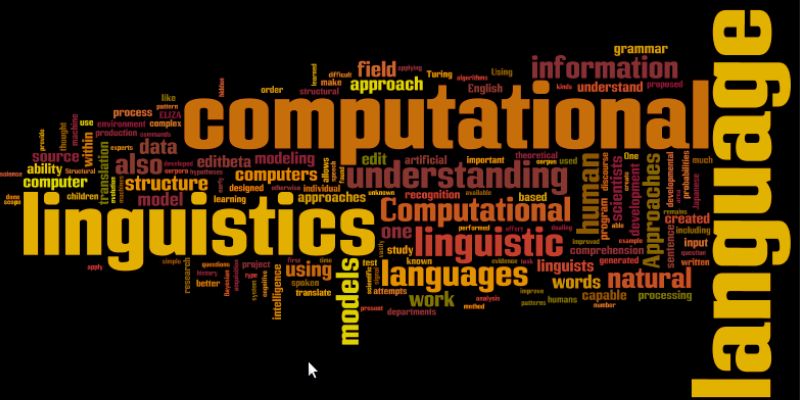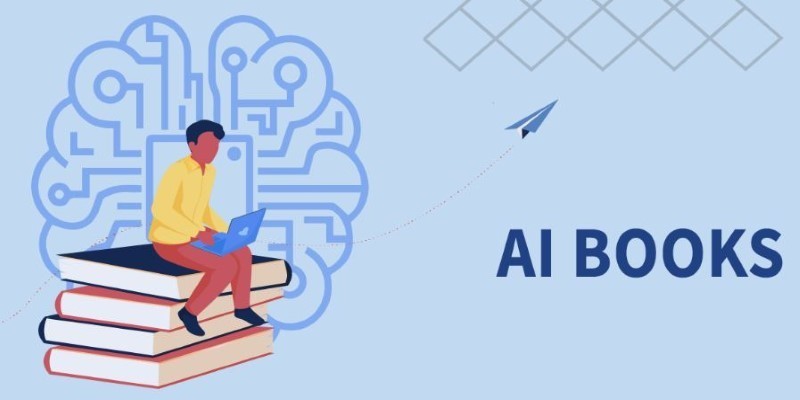Artificial Intelligence is no longer an abstract concept limited to science fiction. It's in your phone, in your home assistant, in the ads you see, and even in your job applications. Whether you're someone who's just starting out or you've been around the topic for a while, reading the right books can offer clarity, context, and, often, a completely new way of seeing things. If you've been meaning to understand AI—not just how it works, but how it's changing things—these books might help.
Top 9 Books on Artificial Intelligence
Life 3.0: Being Human in the Age of Artificial Intelligence
By Max Tegmark
Let's begin with one of the easiest titles available. Tegmark dissects the future of intelligence—human and computer—in a format that's easy to read but difficult to ignore. This book examines potential futures, from useful AI aids to futures that sound like they're out of a film (but aren't). It's not a technical book, so if you're not an engineer or programmer, no worries. The questions it poses—such as what sort of future we really wish for—are universal.
Superintelligence: Paths, Dangers, Strategies
By Nick Bostrom

This one’s heavier, but if you’re curious about what happens after machines surpass human intelligence, this book doesn't hold back. Bostrom isn't here to comfort you—he's here to make sure you understand what's at stake. It's not a prediction; it's a possibility. The strength of this book is in how clearly it lays out different paths AI development might take and what the risks look like if we don't plan ahead.
Artificial Intelligence: A Guide for Thinking Humans
By Melanie Mitchell
Mitchell doesn’t assume anything. She explains the science behind machine learning, pattern recognition, and algorithms in a way that’s grounded and real. The tone is calm, almost like you’re sitting in on an honest conversation. There’s no hype, no fear-mongering. Just explanations, questions, and clarity. If you’ve been lost in buzzwords and want to understand what AI actually is (and isn’t), this book clears the air.
The Alignment Problem: Machine Learning and Human Values
By Brian Christian
How do you teach a machine what's right and wrong? That's the heart of this one. Christians don't focus on fantasy or distant futures. He looks at the problems we’re facing right now. When algorithms shape decisions about jobs, education, or healthcare, how do we make sure they’re fair? How do we make sure they reflect actual human values? It’s not easy, and this book doesn’t pretend it is. But it tells the story through real people, real systems, and actual case studies that stick with you.
Hello World: Being Human in the Age of Algorithms
By Hannah Fry
This isn’t a textbook. It’s a sharp, clever, and often funny look at how algorithms affect everything from courts to dating apps. Fry’s background in mathematics gives her the tools to explain things with precision, but she never gets too deep in the weeds. What stands out here is how she captures the tension between what technology can do and what it should do. If you're curious about the practical side of AI—the parts we live with daily—this book is honest and eye-opening.
Human Compatible: Artificial Intelligence and the Problem of Control
By Stuart Russell
Russell isn't new to AI. He's spent decades researching it. This book reflects that experience but doesn't get lost in an academic tone. His concern is direct: if we don't figure out how to keep AI systems aligned with human goals, we could be setting ourselves up for serious problems. What sets this book apart is that it offers ideas, not just warnings. Russell talks about how we might rethink how we design AI—so it's built to help us, even when it's smarter than us.
You Look Like a Thing, and I Love You
By Janelle Shane
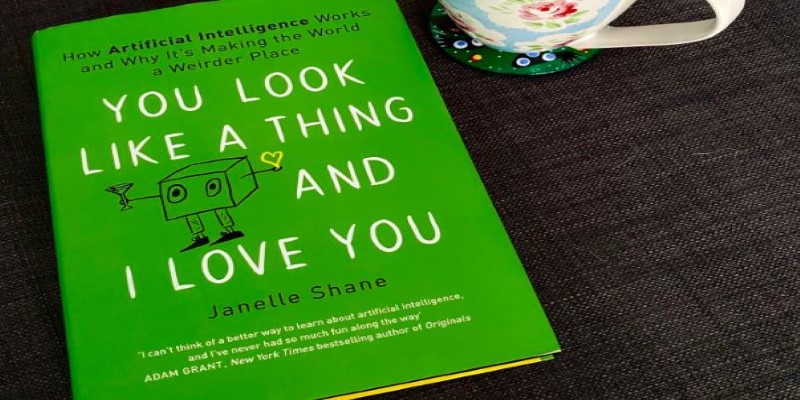
This book is the opposite of dry. Shane uses actual experiments and examples from her own work to show how machine learning actually works—errors and all. The title alone tells you this isn’t your standard AI book. It’s funny, yes. But it’s also revealing. By focusing on how machines misinterpret tasks or spit out bizarre results, Shane shows the real limits of current AI. It’s a great reminder that while machines can do a lot, they still don’t understand the way humans do.
Rebooting AI: Building Artificial Intelligence We Can Trust
By Gary Marcus and Ernest Davis
This book pushes back against the idea that machine learning alone will solve everything. Marcus and Davis argue that we’re still far from real intelligence—and that pretending otherwise is risky. They call for a return to foundational ideas, where understanding, reasoning, and common sense matter. This book feels more like a conversation with two scientists who aren’t afraid to question the hype, and it’s full of solid points about where things might be heading if we’re not careful.
The Master Algorithm: How the Quest for the Ultimate Learning Machine Will
Remake Our World
By Pedro Domingos
If you’re looking for a broader view of machine learning—the method behind many of today’s AI systems—this one covers a lot. Domingos introduces five different “tribes” of machine learning and the idea that one master algorithm might unite them. The book isn’t shy about its ambitions, and it’s packed with ideas that connect science, philosophy, and real-world applications. The best part? It reads more like a story than a lecture.
Conclusion
Artificial Intelligence is shaping how we live, work, and think. These nine books offer different lenses—some technical, some philosophical, some practical—on what AI is and where it's headed. Whether you're trying to understand the risks, the science, or the everyday impact, there's something here that speaks to your curiosity. You don’t need a technical background to get value from these reads—just an open mind. The more we understand AI, the better choices we can make as it becomes an even bigger part of our lives.
